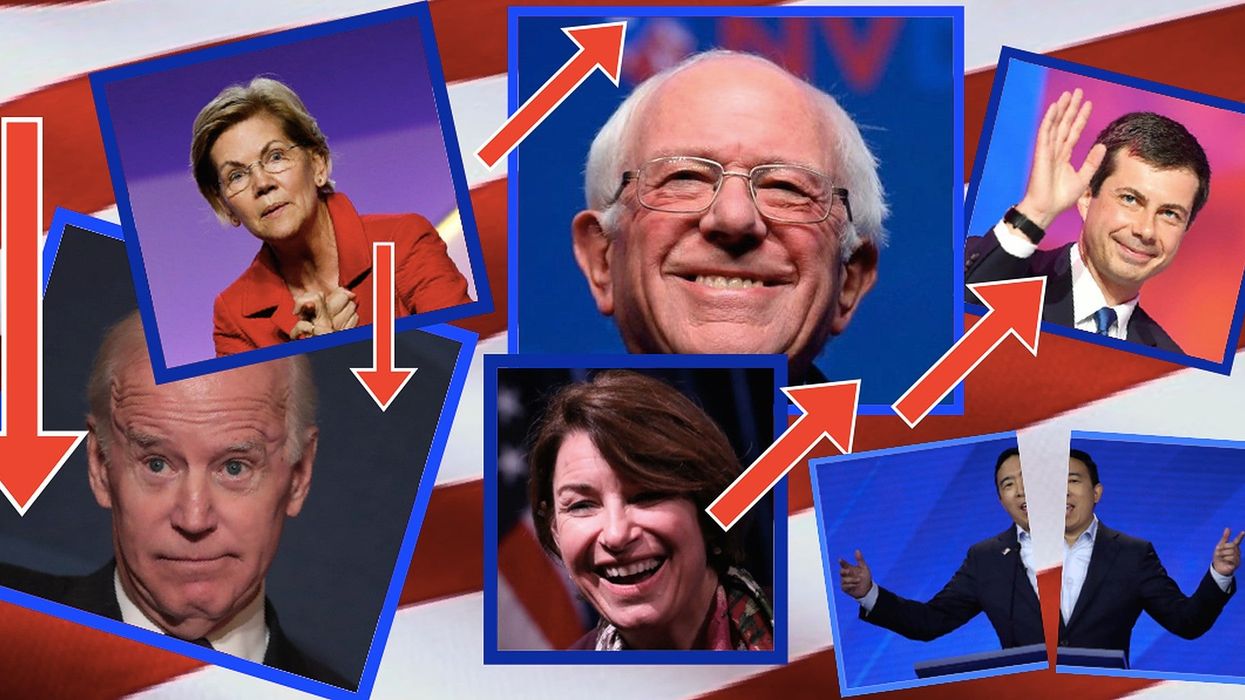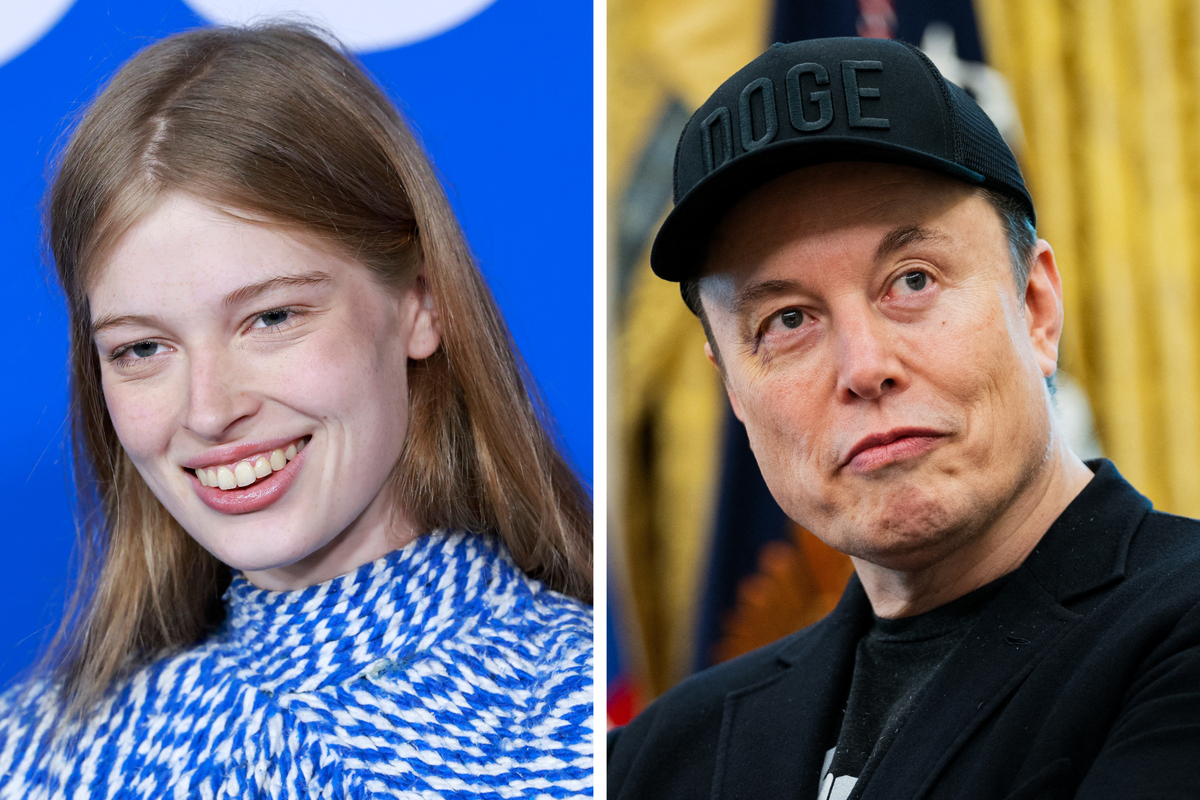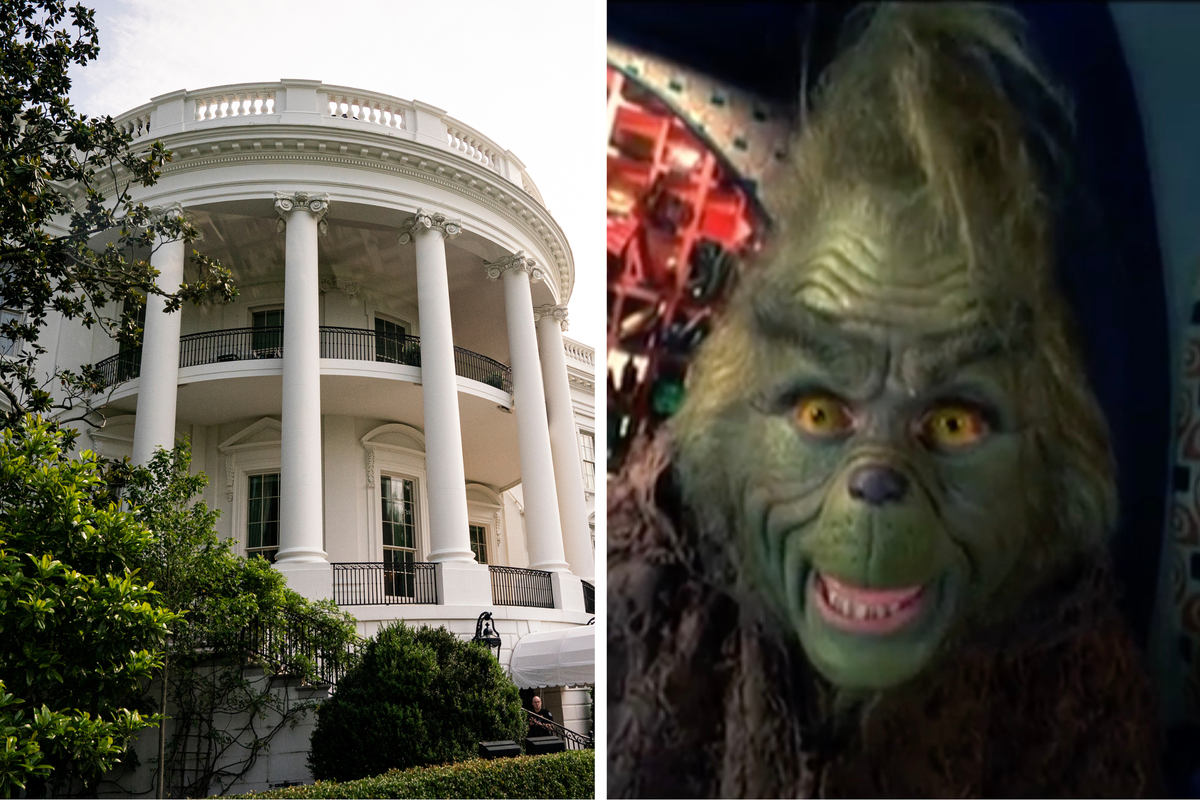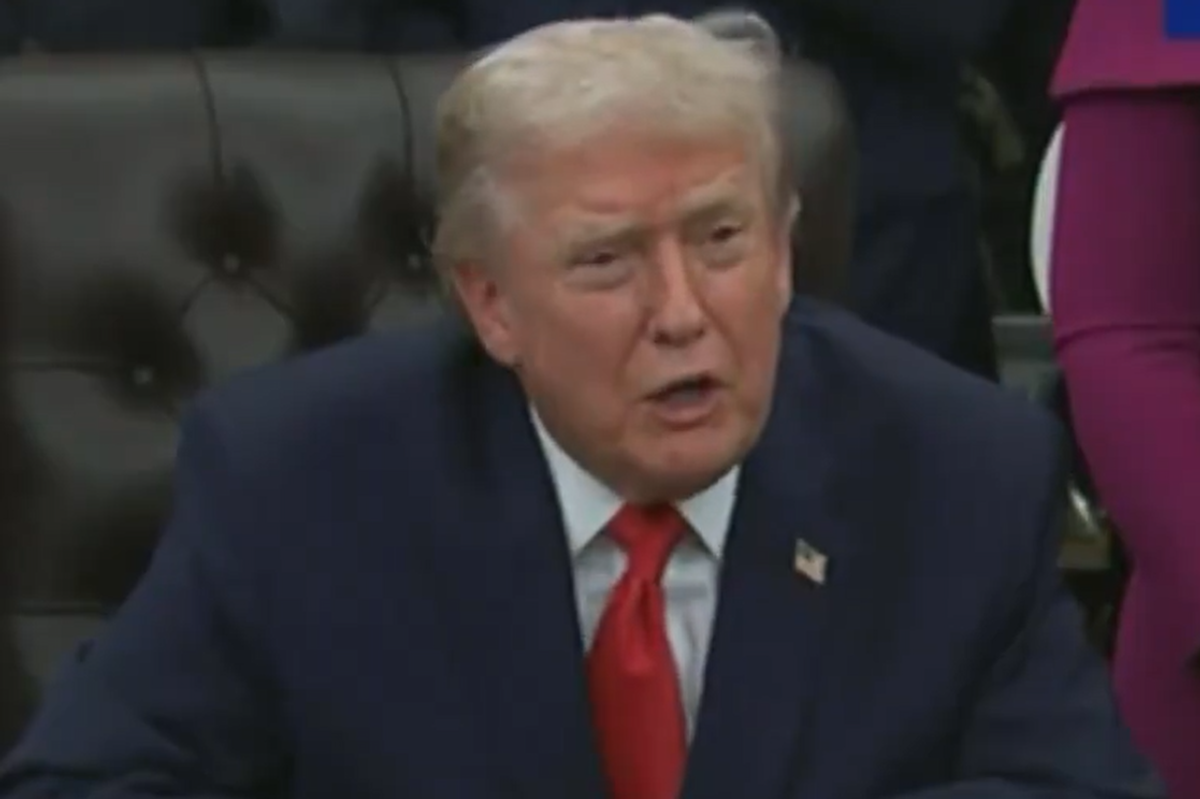After the horror show of the Iowa caucus, in which nobody won and everybody lost, it's was nice to return to what turned out to be a semi-normal Democratic Party primary in New Hampshire.
The Democratic National Committee can breath a deep sigh of relief because, for now, it looks like New Hampshire went off without a hitch. Some of the candidates, on the other hand, weren't so lucky. Joe Biden slid to fifth place and Elizabeth Warren's campaign continues to struggle. Bernie Sanders walked away victorious but a resurgent Amy Klobluchar reminded us that politics is full of surprises.
Here's our main takeaways from the New Hampshire primary...
1. A good night for Bernie – but not that good.
Bernie had a good night – there’s no two ways about it. After the confused mess of the Iowa caucus, he was the clear winner, beating Pete Buttigieg by around 3 per cent.
But Sanders won in New Hampshire much more convincingly (by 23 points) in 2016 against Hillary Clinton. Although the field is split, there’s more centrists in the race than progressives, so the Sanders win isn’t hugely surprising factoring in 2016’s result and the fact that New Hampshire is so close to his home state of Vermont (and demographically and ideologically similar). Behind closed doors, his campaign will probably feel a bit miffed that the margin wasn't bigger.
2. Goodbye Andrew Yang
Businessman Andrew Yang announced that he’s dropping out of the race. Whatever you thought of his ideas, he undoubtedly brought a certain dynamism to the contest. It was also the first time an Asian-American man has been centre stage in American politics.
Of the nine remaining candidates, only two are people of colour (Tulsi Gabbard and Deval Patrick), of which neither really stands a chance of making it past Super Tuesday – if that. The race will likely be wittled down to four or five white people before you can say "diversity in politics".
3. Mayor Pete still going strong
It was another strong night for Pete Buttigieg. Although he didn’t win, he came pretty close (there is just 1.3 per percent between him and Sanders) and still leads the field in terms of delegates – he won 9 in New Hampshire (the same number as Sanders) and 13 in Iowa to Sanders' 12. His camp will be happy.
4. Amy Klobuchar was the big surprise of the night, but it’ll probably end here
Amy Klobluchar took time out of her busy schedule of repeating that Trump blizzard joke to storm to third place in the New Hampshire primary with an astonishing 19.8 per cent of the vote, beating both Warren and Biden but a substantial margin. It was a remarkably strong result for the Minnesota senator and it’s validation for months of hard campaigning and the coveted New York Times endorsement (even though she shared it with Warren).
However, the surge is likely to stop when we reach Nevada next week given she’s only polling at about 2 per cent among black voters. The reasons for her lack of popularity among voters of colour are complex, but not helped by her prosecution of a black teenager 17 years ago, which she has systematically used to bolster her political career and we now know the case was flawed at best. In her home state of Minnesota, she also failed to win the support of the two most prominent politicians of colour, Representative Ilhan Omar and Attorney General Keith Ellison, who both backed Sanders.
Nevada and South Carolina are both much more ethnically diverse than Iowa and New Hampshire which are extremely white. As a result, Klobuchar could see a swift dip in support starting next week.
New Hampshire is likely to be Klobluchar’s only moment of joy.
5. Biden is all over the place
Oh Joe Biden. Joe. Biden. Where to start? Biden was beaten into fifth place in a primary that, just six months ago, it would have been impossible not to see him in contention for. He then made another public mishap by confusing Nevada with New Hampshire at a rally. At this point he’s in danger of becoming a joke and it’s almost a bit sad.
6. Warren’s tailspin could be fatal
Elizabeth Warren also had a terrible night. After months of encouraging polls, strong media endorsements, political endorsements and an energised social media following, her vote just isn’t materialising in the way many people expected. It’s hard to put your finger on why, but New Hampshire is the sort of state Warren should be performing well in. It’s getting increasingly hard to see how she can build the coalition necessary to challenge for the nomination.
7. New Hampshire voters aren’t on Twitter – and it showed...
An MSNBC poll said that only 10 per cent of NH voters get their news from Twitter. This might be why candidates like Liz Warren and Andrew Yang seem to have huge support on Twitter, but failed to break through. It's a welcome reminder that social media doesn't reflect what voters will actually do. Sigh.
8. ...but they will be gloating for years – and rightly so
The primary rivalry between Iowa and New Hampshire may have reached a nadir last night. Iowans are extremely proud of being the first state to cast votes, and they take it incredibly seriously. Over in New Hampshire, there's a certain air of superiority. It's a "real primary" as opposed to caucus, and it's really post NH that a feel for the race starts to emerge. After the absolute chaos of Iowa last week, New Hampshire going smoothly is a boon for the DNC, which was at risk of falling into the piss-up-in-a-brewery cliche, and the Granite State has a right to be smug about having saved the party from further ridicule.
9. Democratic voters might have finally abandoned the idea that "a safe pair of hands" is the best bet – and they're right
The obvious, safe choices for the Democrats were always going to be Biden and Warren. And while things may change, so far party members have made their view on this ferociously clear – the establishment figures, the people with objectively the most (and most relevant) experience, are not the people they think can beat Trump. Whether to the right (Buttigieg, Klobuchar) or the left (Sanders) of the Democratic spectrum, voters are looking to break the mould and breathe what they perceive to be new energy into the presidential race. As we keep hearing interviewees repeat over and over again: the only thing that matters is beating Trump, and Democrats have decided the way to achieve this is by going for candidates that are completely different to anything that's gone before, whether due to their youth, identity or policy stances. And if 2016 taught us anything, it's that they may well be right.
10. Why are we still talking (to Democrats) about race?
The argument that all Biden or Warren need is a more diverse voter-base (hi, Nevada caucus and South Carolina primary!) completely misses the above point. Yes, Biden has historically polled better than the three frontrunners with black and Latinx voters, but he also polled better with white voters – better than Warren and definitely better than Klobuchar, and clearly something went wrong. "Voters of colour", much like "female voters", are an idea invented by and useful to pollsters, journalists and campaign managers, to make their insights seem more interesting. In reality, do people behave in this kind of homogeneous way? Are "white voters" or "male voters" treated as a monolith?
By subscribing to such reductive notions of voter blocks, the candidates – but especially Biden – could be doing themselves a worrying disservice. Nevada is the first racially representative state to vote next week, and the past few days have seen a drastic drop in support for Biden (currently at 18.8 per cent), with Sanders overtaking him at 23.7 per cent. Buttigieg is also rising while Warren continues to drop – the gap between them is currently just 3.4 points but could well close up completely by the time the caucus takes place in 10 days.
South Carolina polls still put Biden in the lead but the trend is similar – he is steadily dropping while Sanders and Buttigieg rise. A big loss in Nevada could completely kill what little is left of Biden's momentum, and his reliance on "non-white voters" could turn out to be his Achilles Heel.
12. Bernie may live to regret his beef with Warren
The Bernie Sanders-Elizabeth Warren debacle has been the soapy drama we all deserved during this arduously long and crowded process. It all started (as it always does) with a leaked memo that alleged that Sanders had said he didn't think a woman could win the election. (Side note: given the way things are going, such comments may have been right). This kick-started a feud which led to Bernie Bros inundating Warren with snake emojis, a potentially snubbed handshake, and the end of what was a decades-long friendship. Sad times.
Warren is undoubtedly the most closely ideologically aligned with Sanders out of the top five candidates. While the centrist vote is essentially split three ways, the progressive side seems to be going mostly to Bernie, with her left by the wayside – perhaps by virtue of trying to be too many things to too many people. However despite the disappointing results last night, Warren appears to have no imminent plans to drop out of the race. Polls suggest that the biggest chunk of her supporters (30 per cent) second-choice Sanders. That's a hefty number of votes in a tight race with Buttigieg that she's holding onto. Were they still on speaking terms, one would wonder whether Warren would drop out at this point, endorse Sanders and hope to end up his running mate. As things stand, she's not backing down.
13. It’s all change from here
As we move forward, the next states – Nevada and South Carolina – have a completely different demographic makeup to the overwhelmingly white first states. These will be the first test of how wide the supporter bases that candidates have been able to build really are. It’s impossible to win the Democratic nomination (or presidency as a Democrat) without engaging with a broad range of demographics. Everything could still change in Nevada.
Top 100
The Conversation (0)














